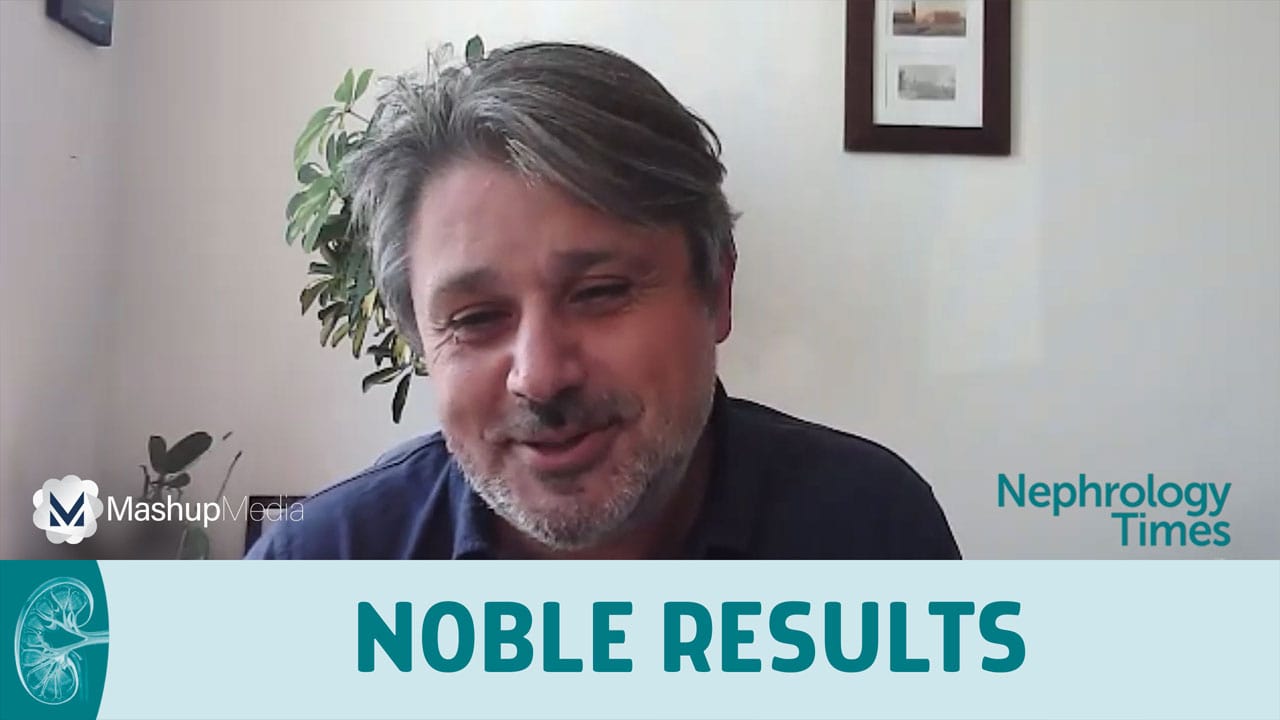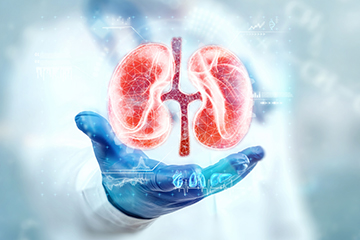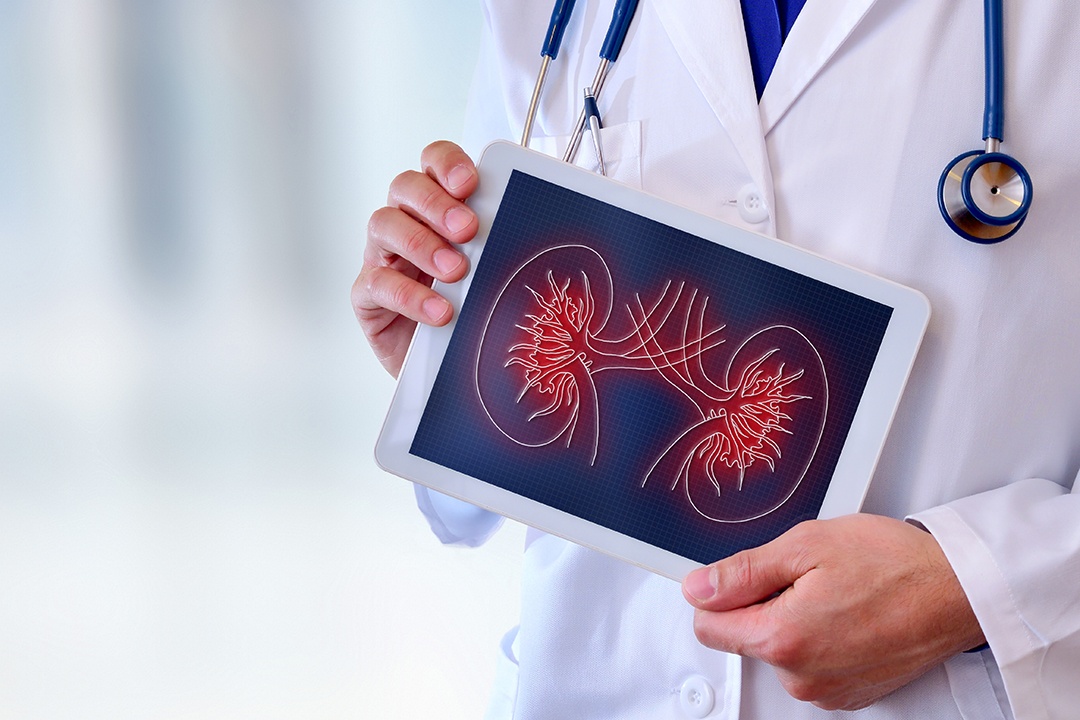
In research presented at the 61st European Renal Association Congress, a team led by David Kavanagh, MB ChB, PhD, revealed that iptacopan with supportive care realized a 35.1% (P=.0014) reduction in proteinuria compared with placebo plus supportive care at 6 months. Iptacopan is an oral factor B inhibitor of the alternative complement pathway being investigated for use in adult patients with C3 glomerulopathy (C3G).
Results came from a 6-month double-blind period of the phase 3 APPEAR-C3G study, intended to evaluate the efficacy and safety of twice-daily oral iptacopan 200 mg in patients with C3G. During the double-blind period, adult patients were randomized 1:1 to receive iptacopan or placebo plus supportive care. The end point for the double-blind period was proteinuria reduction (as measured by 24-hour urine protein-to-creatinine ratio) from baseline at 6 months for iptacopan versus placebo.
There were other promising results from the double-blind period. The secondary end point of estimated glomerular filtration rate showed a numerical improvement of +2.2 mL/min/1.73 m2 (P=.1945) over 6 months with iptacopan versus placebo. The study also found that the drug has a favorable safety profile.
“This is an exciting milestone for patients and the potential future management of C3G,” Dr. Kavanagh stated.
The APPEAR-C3G study continues with a 6-month open-label period during which all patients receive iptacopan. APPEAR-C3G also includes a separate cohort of adolescent patients with C3G. The drug will be submitted to the US Food and Drug Administration for the adult C3G indication during the second half of 2024.
Source: Kavanagh D, Bomback A, Vivarelli M, et al. Efficacy and safety of iptacopan in patients with C3 glomerulopathy: results from the phase 3 APPEAR-C3G trial. Presented at the 61st European Renal Association Congress; May 23-26, 2024; Stockholm, Sweden.







 © 2025 Mashup Media, LLC, a Formedics Property. All Rights Reserved.
© 2025 Mashup Media, LLC, a Formedics Property. All Rights Reserved.